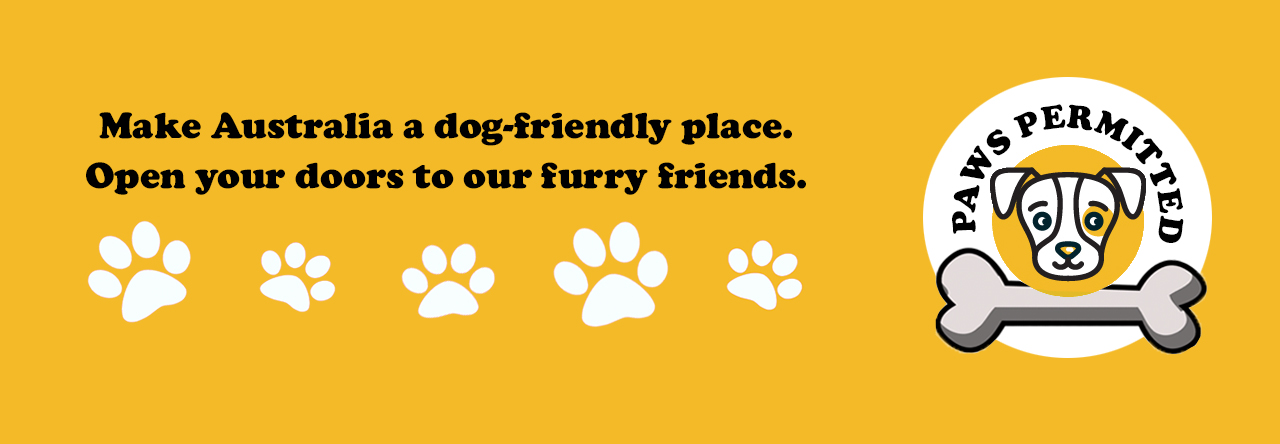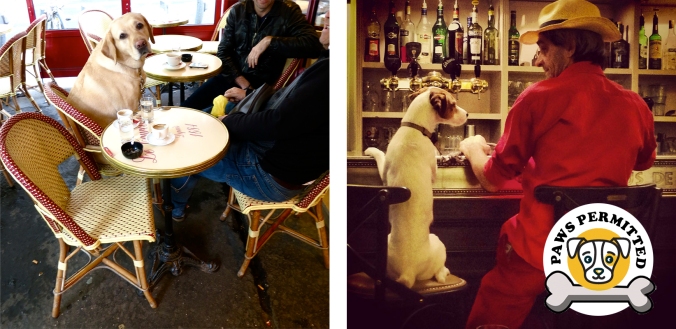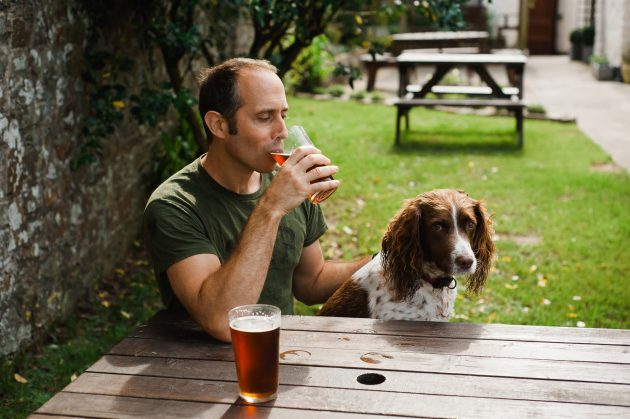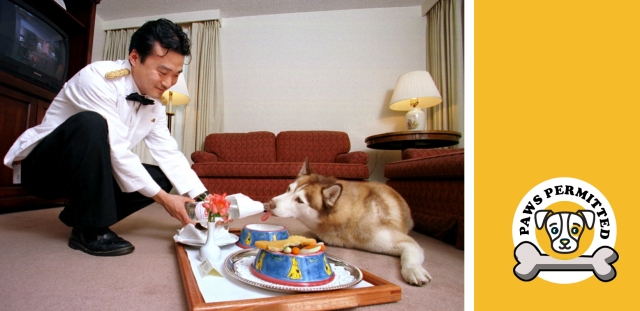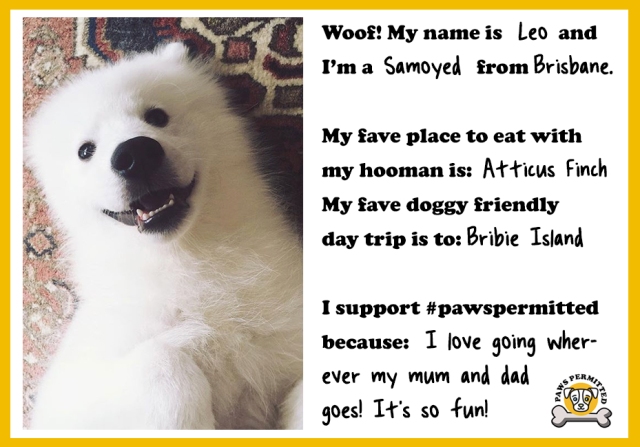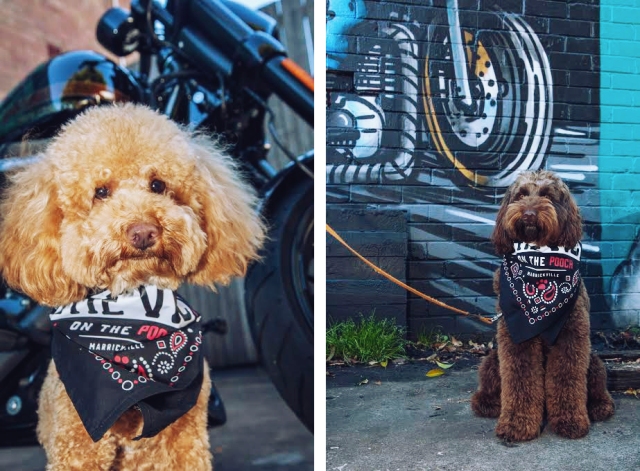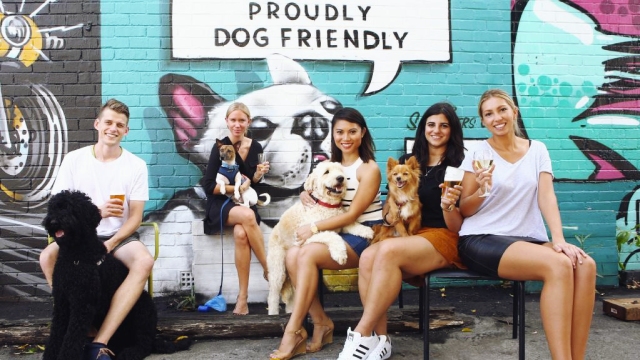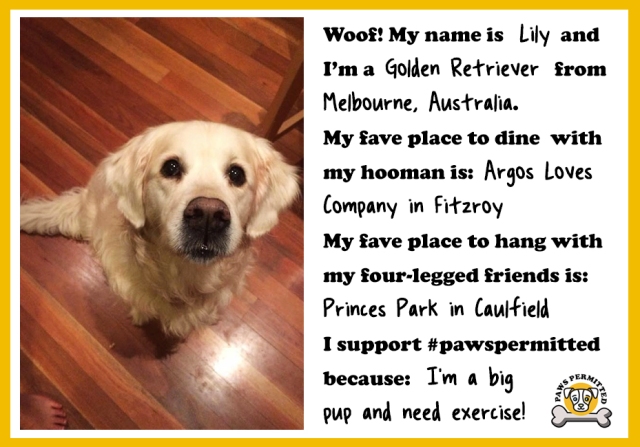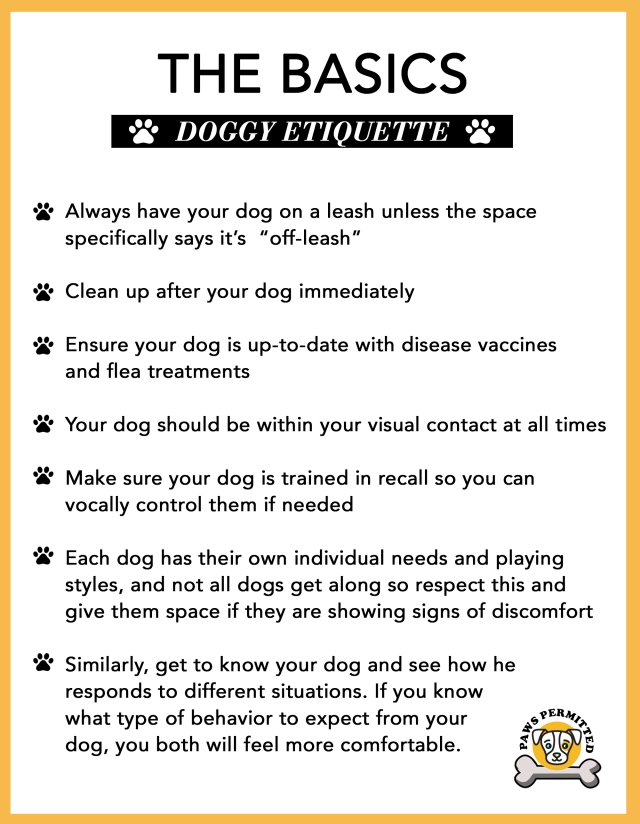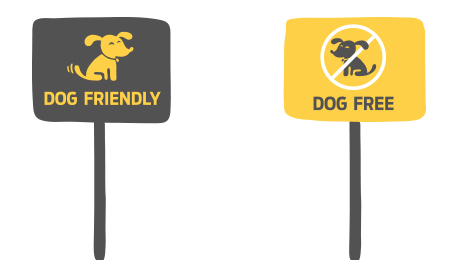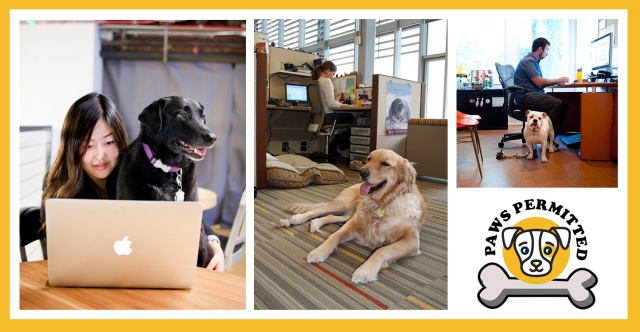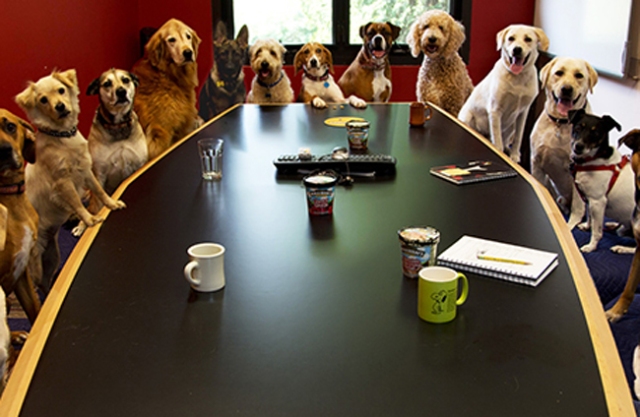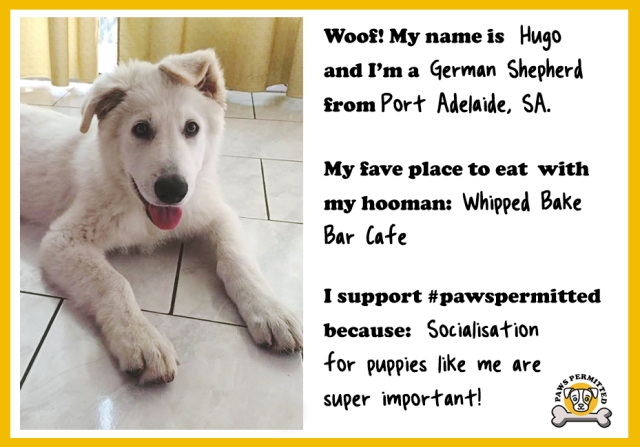All members of the community, not just dog owners, should learn the foreign language that is ‘dog speak’. Kids, especially, are most likely to be prone to dog attacks because of their excitement and often overwhelming behaviour upon interacting with a cute, fluffy canine. To family members, a dog attack may seem out of the blue. How can our once-trusted companion bite my innocent child? However, for anyone who is familiar with canine behaviour, a lot of attacks are provoked one way or another. Most attacks, the dog is actually known to the child or the family pet. Chances are, Rover does ‘mind’ but just simply tolerating the ‘cute’ ear-pulling and tail-grabbing from little Johnny.
Dogs are fantastic loyal companions to humans but they are still animals and cannot communicate their frustration through words. When a dog shows anxiety or grows, take their messages seriously and look at what prompted this. Familiarise yourselves, and teach your child, some basic rules about interacting with family dogs and unfamiliar dogs when and how to approach them, when to stay away and how to interact.
A few tips to remember when first greeting a dog are to:
- Ask for permission – especially if it’s an unfamiliar dog. Asking if you can interact with stranger’s dog shows respect, for the both animal’s owner and the animal, and also can ensure a safe and appropriate interaction. (E.g. patting a service dog on duty may cause interference)
- Avoid eye contact – To a dog, a direct stare is aggressive and can mean a challenge and can make them feel anxious and threatened. Instead, use a sideward stance (non-threatening) rather than facing the dog front-on.

(Image credit: Doggie Drawings)
- Give personal space – Distance in canine behaviour means respect and polite behaviour and will make them feel relaxed and comfortable. Wait for the dog to come to you in its own time. Keep meetings between with new animal friends short and sweet, and avoid bothering dogs just like you would with other humans.
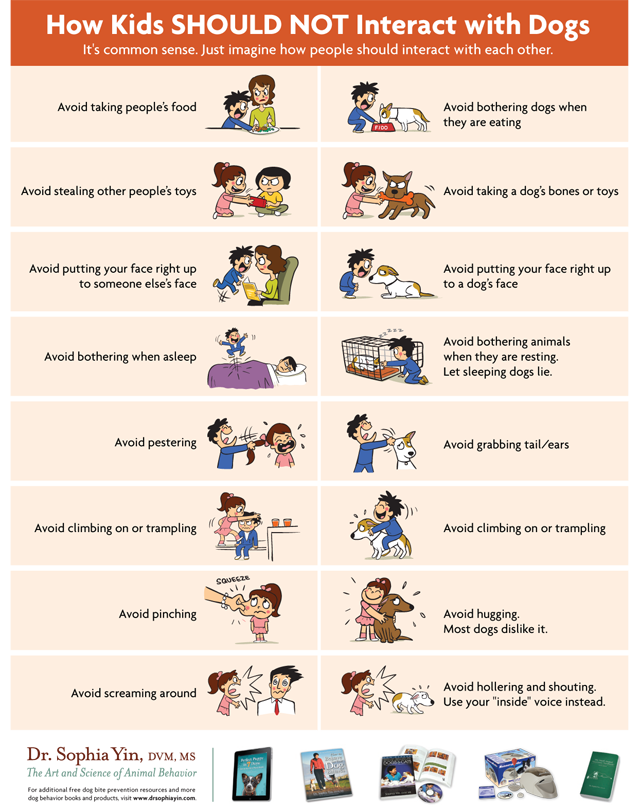
(Image credit: Sophia Yin)
We cannot stress how important it is to have a knowledge of canine language. Majority of the time, media reports blame dog-human attacks on the specific breed and “dangerous” nature of the dog, although it is not necessarily the case. Majority of society does not realise that dogs are not toys, with no feelings, and often they will too have met the end of their fuse, which is then seen as “aggressive” behaviour. Most dogs will react to situations according to what his instincts tell him unless they are overridden by the consistent training and socialisation he needs to receive from his owner throughout his life. This means that while some of a dog’s temperament depends on their training, they will always have some instinctive animal aspects, so it is also essential for all interactions to be supervised.
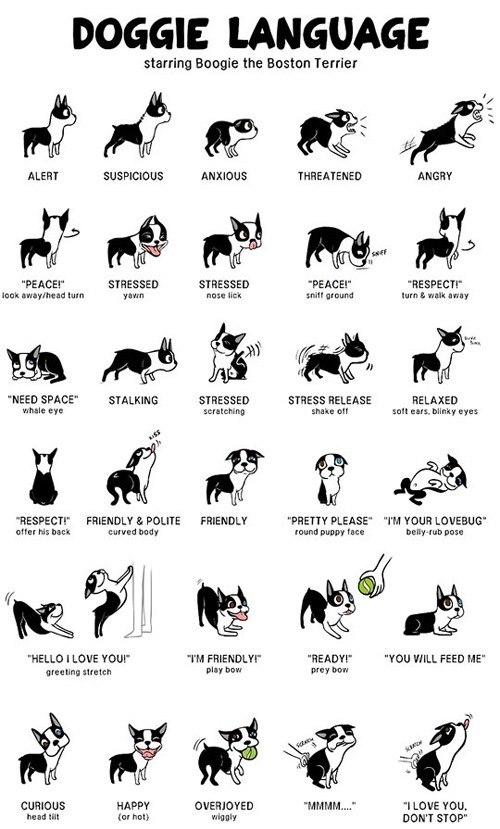
(Image credit: Doggie Drawings)
